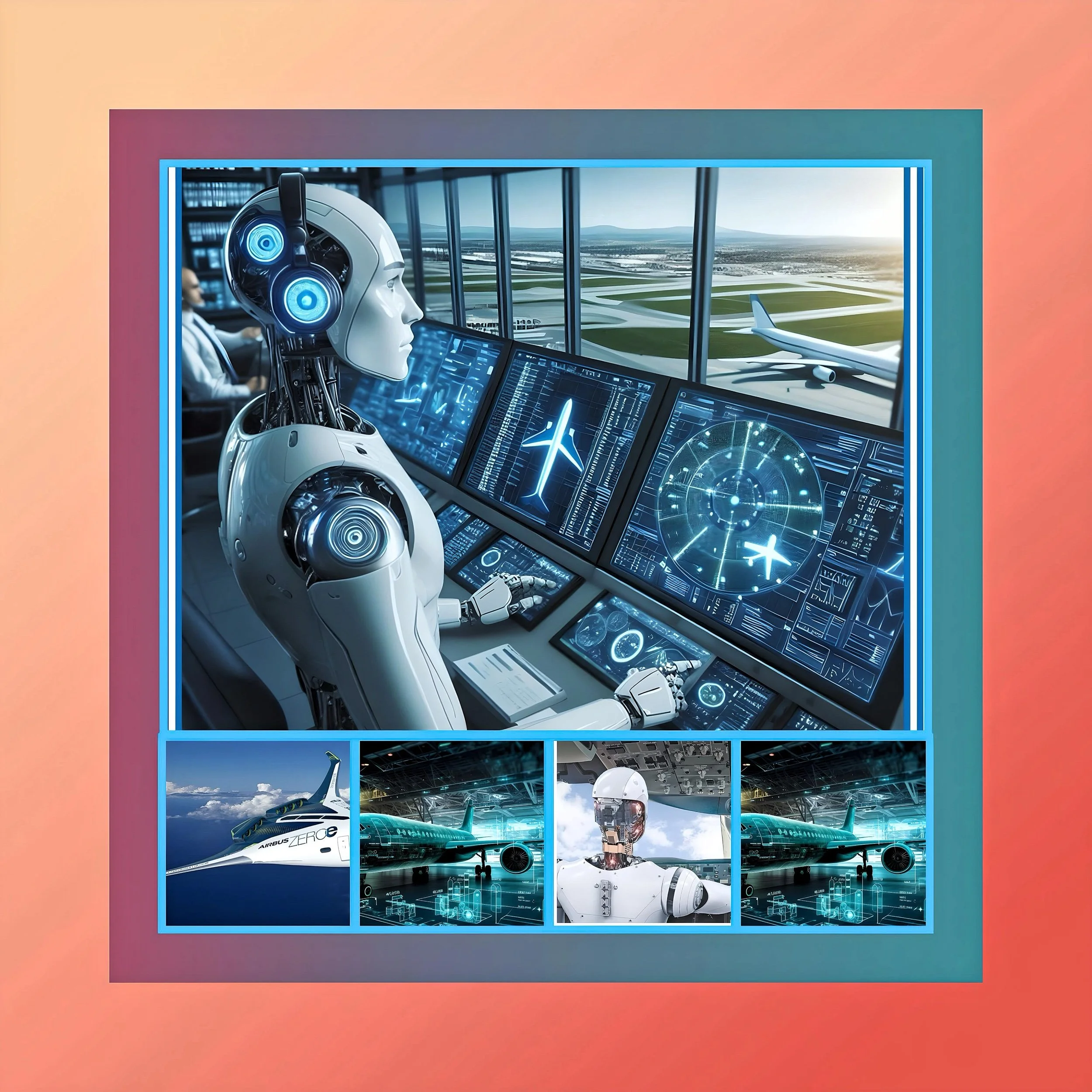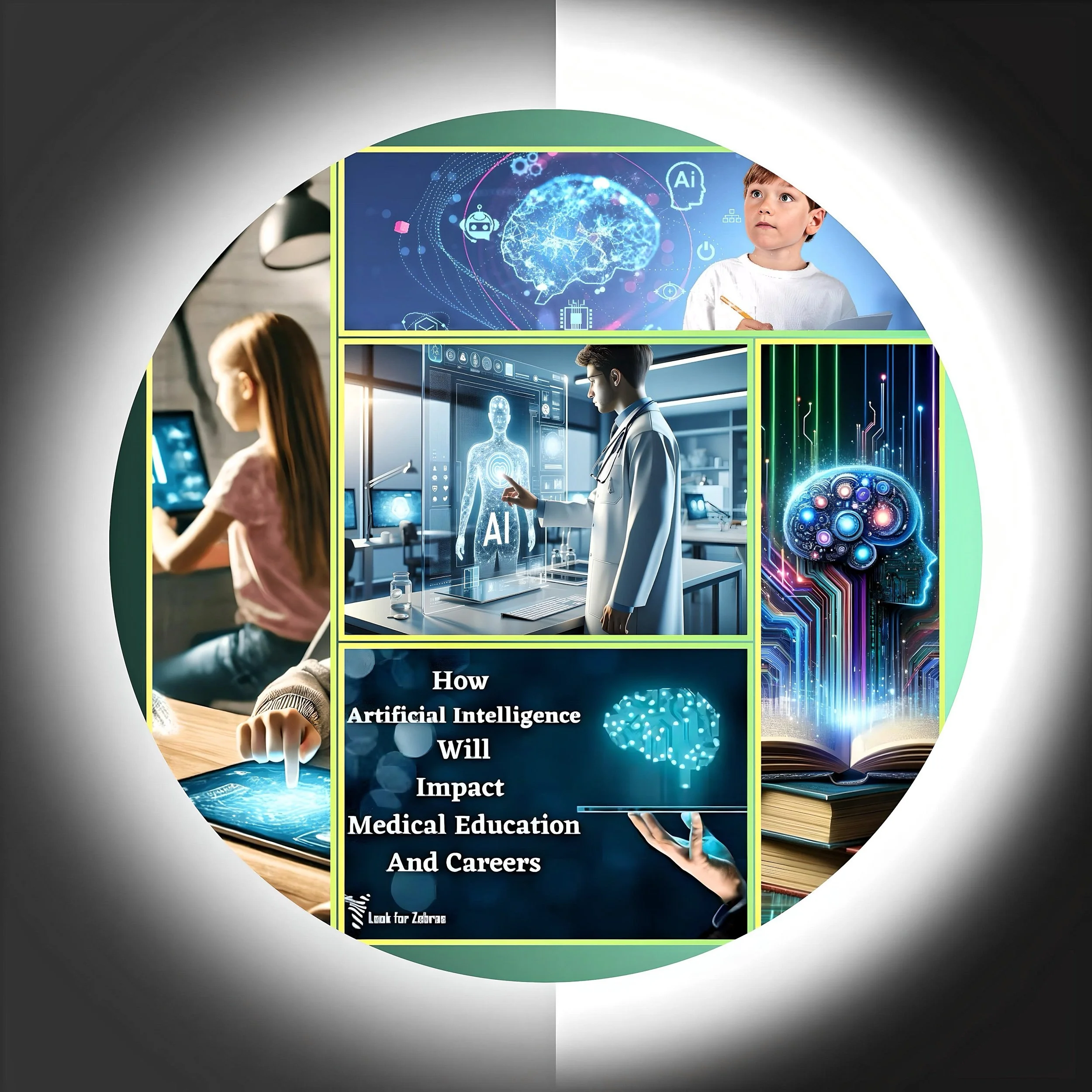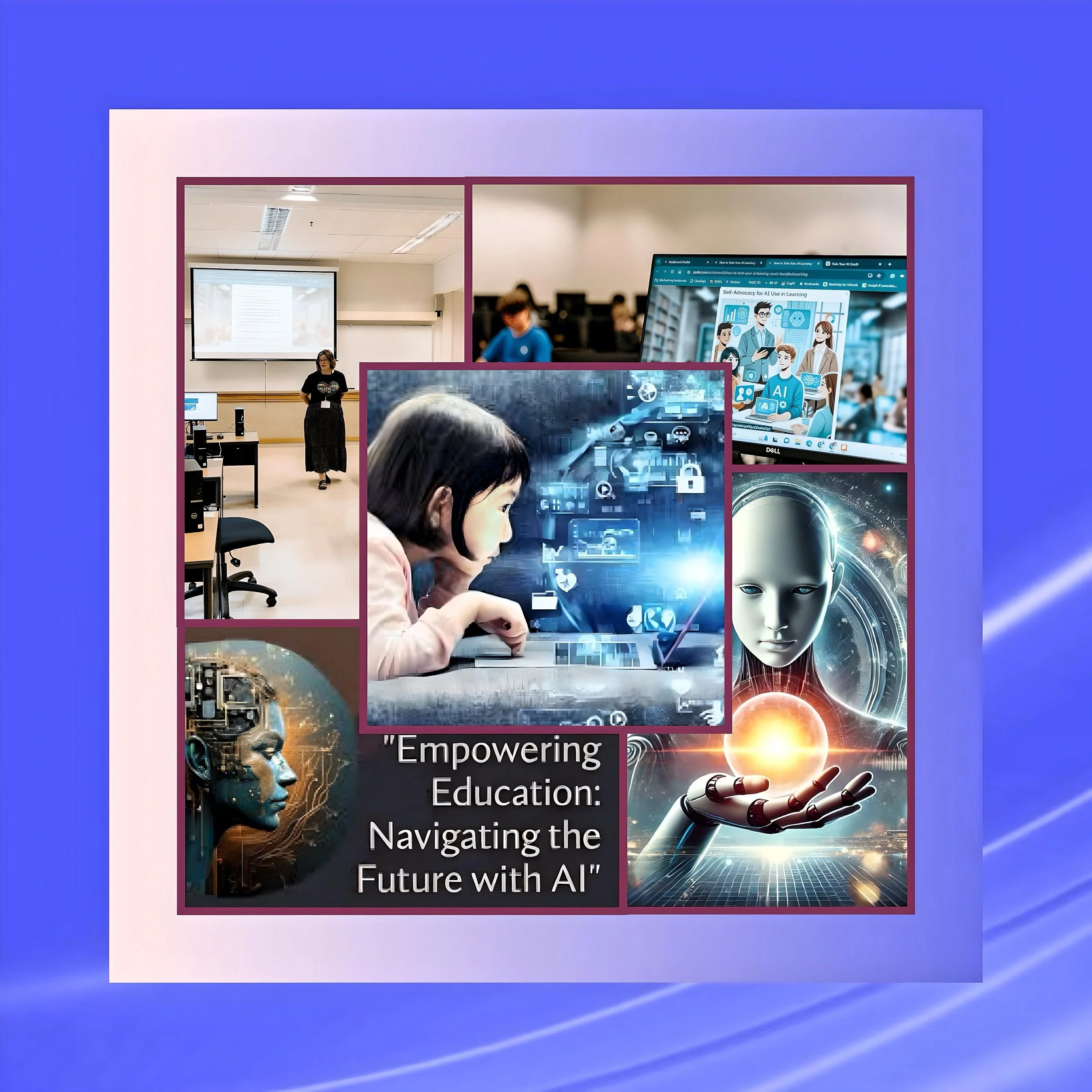The Future of Pediatric Genomic Medicine: A New Era of Lifelong Health
Introduction
The Future of Pediatric Genomic Medicine
A New Era of Lifelong long health
Can you imagine a future where a simple blood test at birth provides a complete blueprint of a child’s health, predicting potential diseases and guiding personalized treatments throughout their life? Where are genetic risks identified before symptoms appear, and does healthcare become proactive rather than reactive?
What is Pediatric Genomic Medicine?
Pediatric genomic medicine, a rapidly evolving field that applies genetic and genomic information to diagnose, treat, and prevent diseases in children.
By analyzing a child’s DNA, doctors can detect inherited conditions, predict health risks, and develop customized treatment plans tailored to each individual’s genetic makeup.
With advances in AI, quantum computing, and bioengineering, the next 30 years will redefine how we diagnose, prevent, and treat diseases in children.
Innovative Applications in Pediatric Genomic Medicine
Real-Time Genetic Monitoring via Smart Wearables
Shortly, AI-powered wearable devices could continuously analyze a child’s genetic markers in real-time, detecting early signs of diseases before symptoms even manifest. These smart devices could:
Adjust nutrition plans based on genetic metabolism
Detect early cancer markers and auto-immune triggers
Send alerts to parents and doctors when interventions are needed
Imagine a toddler wearing a biometric bracelet that detects an asthma attack minutes before it happens or identifies genetic predispositions to anxiety, prompting personalized behavioral therapies.
AI-Driven Drug Discovery and Ultra-Personalized Medicine
Artificial intelligence is transforming drug development by analyzing vast genomic datasets to identify new therapeutic targets. The next generation of AI-powered drug design will:
Develop custom-made medicines for each child, reducing side effects
Predict individual drug responses, eliminating the need for trial-and-error treatments
Use quantum computing to simulate how DNA interacts with potential drugs, accelerating drug discovery from years to months
With AI’s help, children could receive medicines tailored to their genetic code, ensuring faster, more effective treatments with minimal side effects.
Bioengineered Organs Tailored to DNA
By 2050, 3D bioprinting and genetic engineering may allow us to grow organs in the lab, fully customized to a child’s DNA. Instead of waiting for donor organs, children could receive
A heart printed from their stem cells, eliminating transplant rejection
Artificial kidneys that adapt to their body’s unique physiology
Lab-grown lungs to help premature babies survive
Imagine a world where organ failure is no longer fatal, and genetic diseases like cystic fibrosis are cured before they even cause damage.
Predictive Genomics and Disease Prevention at Birth
Leading institutions, such as the University of Utah’s Center for Genomic Medicine, are already using whole-genome sequencing to predict diseases years before they manifest. In the future, newborns could receive a "genetic passport" detailing:
Their risk of diseases like diabetes, autism, or Alzheimer’s
Which vaccines will work best for their unique immune system
Personalized exercise and nutrition plans based on genetic metabolism
This level of predictive medicine would shift healthcare from treatment to prevention, extending lifespans and reducing chronic disease rates.
Looking Ahead: The Next 30 Years of Genomic Medicine
Space Medicine
Adapting Human DNA for Mars
As space colonization becomes a reality, scientists may need to modify human genes to withstand cosmic radiation and extreme environments. Future generations could be genetically engineered to:
Resist radiation exposure on Mars
Require less oxygen in space habitats
Having stronger bones to counteract zero gravity
CRISPR 4.0: Rewriting the Human Genome
CRISPR gene-editing is already treating diseases like sickle cell anemia, but the next frontier could allow us to:
Eliminate genetic disorders before birth
Enhance immune systems to fight viruses before they infect
Slow down aging at a cellular level
Could we one day switch off genetic predispositions to cancer or even extend human lifespans?
Holographic AI Doctors and Smart Homes
By 2050, holographic AI pediatricians could conduct genetic screenings remotely, while smart homes monitor a child’s genetic health through
Embedded sensors in walls and furniture
Refrigerators that recommend foods based on a child’s evolving genetic needs
Beds that track genetic sleep patterns and adjust lighting, temperature, and air quality for optimal rest
The home of the future will be an interactive health hub, constantly adapting to its residents' genetic blueprints.
Ethical and Societal Challenges
While the prospects are exciting, several challenges must be addressed:
Genetic Inequality and Designer Babies
Will wealthy families have access to genetic enhancements while others do not?
Could parents select intelligence, athletic ability, or personality traits for their children?
Data Privacy and Genetic Surveillance
Could a child’s genetic data be used by insurance companies, schools, or governments?
Should employers have access to your genetic disease risks?
Global Collaboration vs. Genetic Nationalism
Will countries compete to create the "strongest" genetically enhanced citizens?
Could we see international laws regulating human genetic modifications?
Conclusion
The fusion of genomics, AI, and bioengineering is set to redefine pediatric healthcare, offering unprecedented opportunities to predict, prevent, and treat diseases with precision.
By 2050, children may never experience common genetic disorders, and lifelong personalized health plans will be standard. But as we embrace these advancements, it is essential to navigate ethical challenges, ensuring that genomic medicine benefits all of humanity—not just the privileged few.
Are we ready for a world where healthcare is written into our DNA? The future of pediatric medicine is no longer a dream, it’s already happening.






